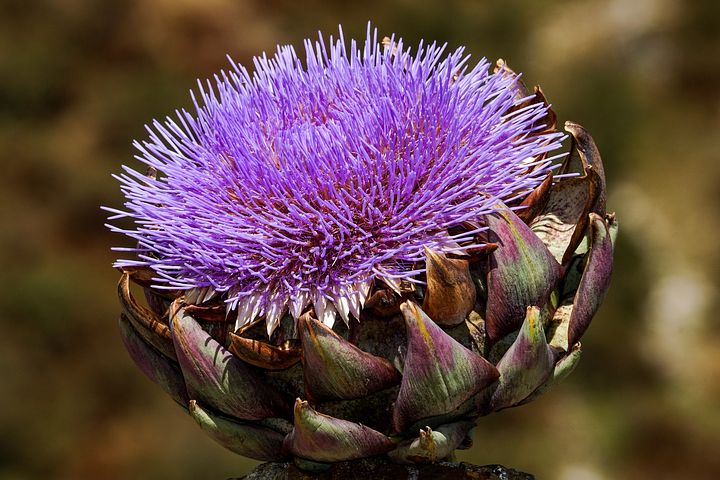10/28/2021
Fall Classes Underway The Mindfulness Center has a full slate of classes underway now. All are being offered virtually. These include Mindfulness-Based Stress Reduction and Mindful Eating courses that are…
10/28/2021
Online Mindfulness Training Increases Well-Being, Emotional Intelligence, and Workplace Competency Ratings Researchers in Canada conducted a randomized waitlist-controlled trial to assess the impact of a mindfulness-based training program on well-being,…
Mindfulness and Emotional Intelligence- Part 1
10/28/2021
Emotional Intelligence (EI) refers to the ability to understand and manage our own emotions, as well as to recognize and influence the emotions of those around us. EI has been shown to be a powerful predictor of work performance, and can also be important other settings. There are a number of models of EI. Perhaps the best known is that developed by Daniel Goleman which contains four domains: self-awareness, self-regulation, social awareness, and relationship management (https://hbr.org/2017/02/emotional-intelligence-has-12-elements-which-do-you-need-to-work-on). Emotional intelligence is based in self-awareness, in being aware of emotions as they arise. Mindfulness is key to doing this: when we are mindful, we are paying attention to our present moment experience, including recognizing emotions.
9/27/2021
The Reach of Mindfulness Center Classes Is Growing The Mindfulness Center is offering a wide slate of classes this fall, including Mindfulness-Based Stress Reduction, Mindful Eating, Mindfulness for Health System…
9/27/2021
The Distribution of Cellular Turnover in the Human Body Researchers from the Weizmann Institute of Science in Israel reviewed prior studies to estimate total cellular turnover in the human body. …
9/27/2021
Each of us is constantly changing. Many of the cells in our bodies turn over every day, with old cells dying to be replaced by new cells. The molecules that make up the cells and fluids in our bodies are also being exchanged. Our bodies today are composed of many different components than yesterday. Our brains are also changing. New neural connections are being established and old connections are being pruned. This even happens in the memory centers in the brain. Our memories are constantly being altered with new information added and details changed. Despite these constant changes, we may tend to think of ourselves as being fixed, and we often try to hold on to a construction of a self that is solid and immutable.
8/18/2021
Mindful Aging Course Being Taught By UVA Mindfulness Center Instructor Cawood Fitzhugh Cawood Fitzhugh will be co-leading “Saging”…. A GUIDE TO MINDFUL AGING. The course will be held weekly from…
8/18/2021
Advanced Mindful Leadership Course To Be Offered Again in September for UVA Mangers and Leaders Mindfulness skills are important in today’s organizations and are critical for leaders to build- especially…
8/18/2021
New Mindful Eating Class To Be Offered Through the Mindfulness Center The first Mindful Eating Class will start Thursday, September 23. It will be taught by Barbara Maille, LCSW, who…
8/18/2021
Impact of an Eight-Week Mindful Eating Program Mindful eating can contribute to decreasing automatic eating behavior and emotional dysregulation, both of which can lead to overeating and negative body image.…


